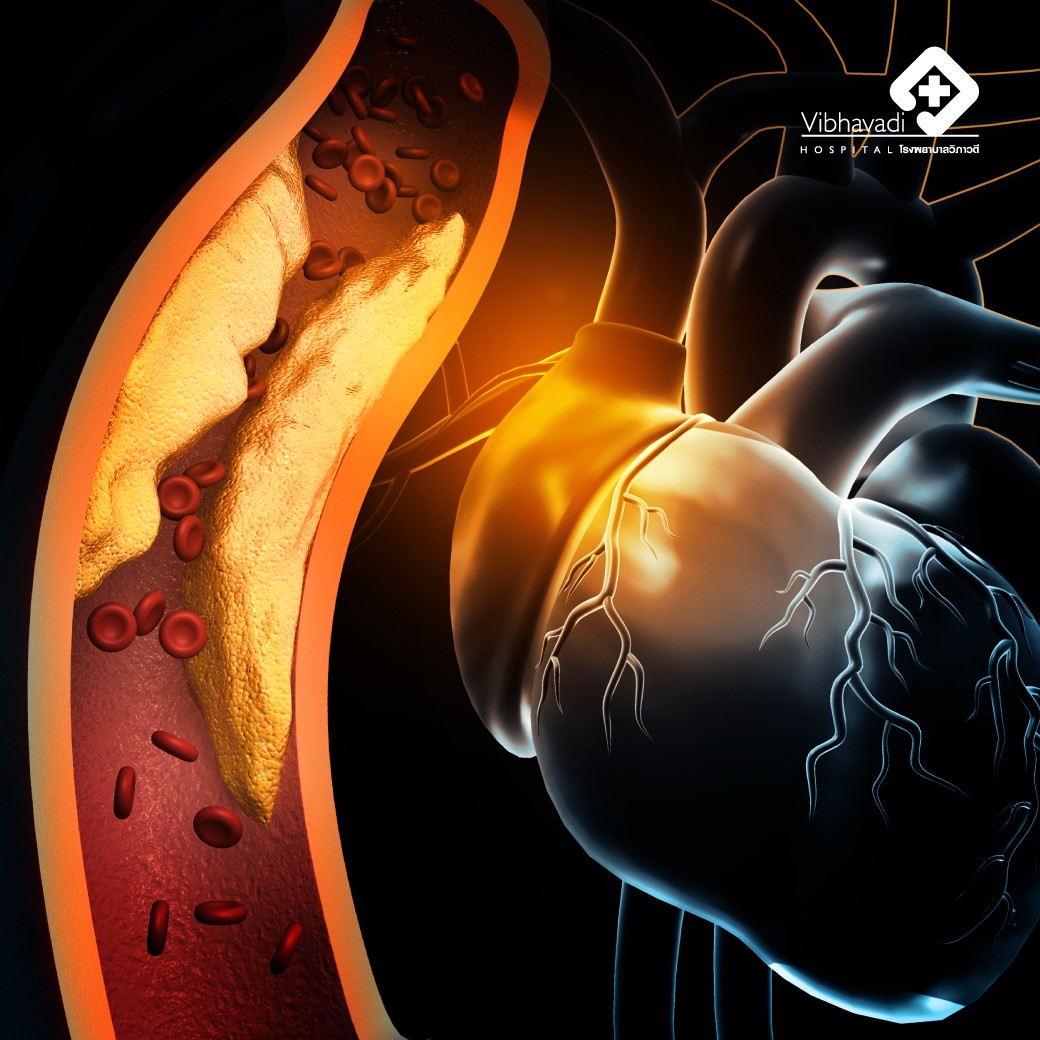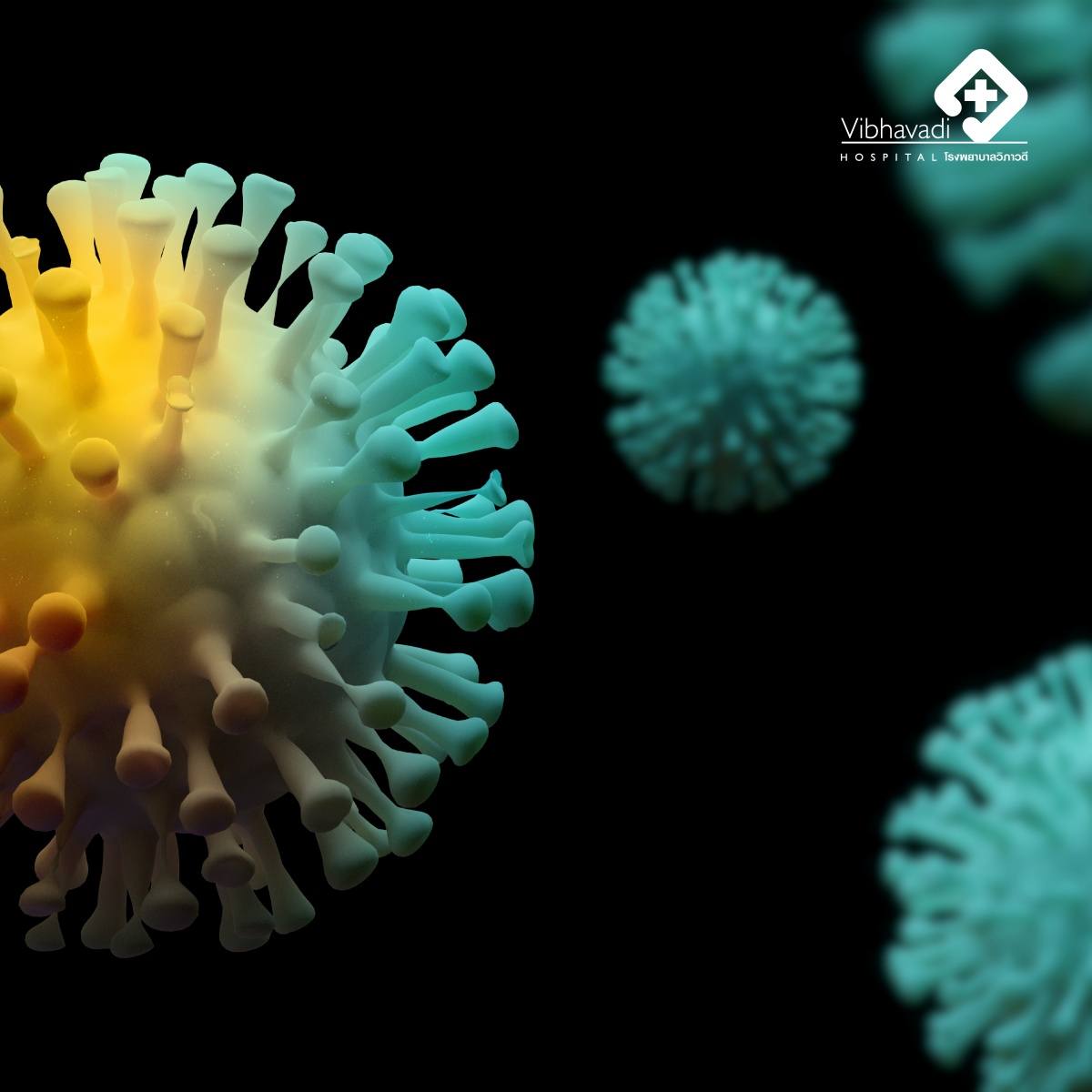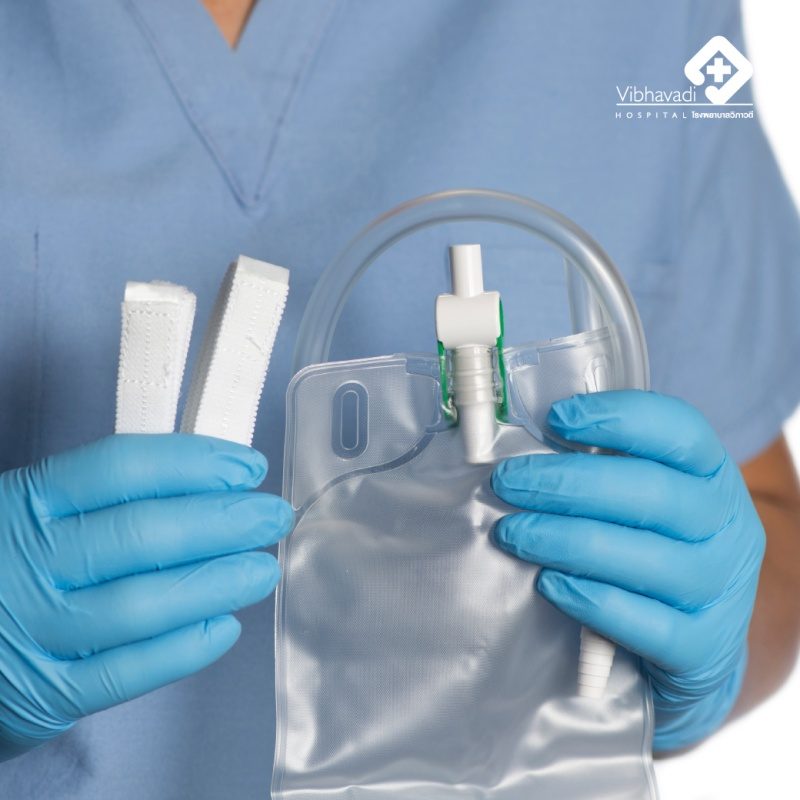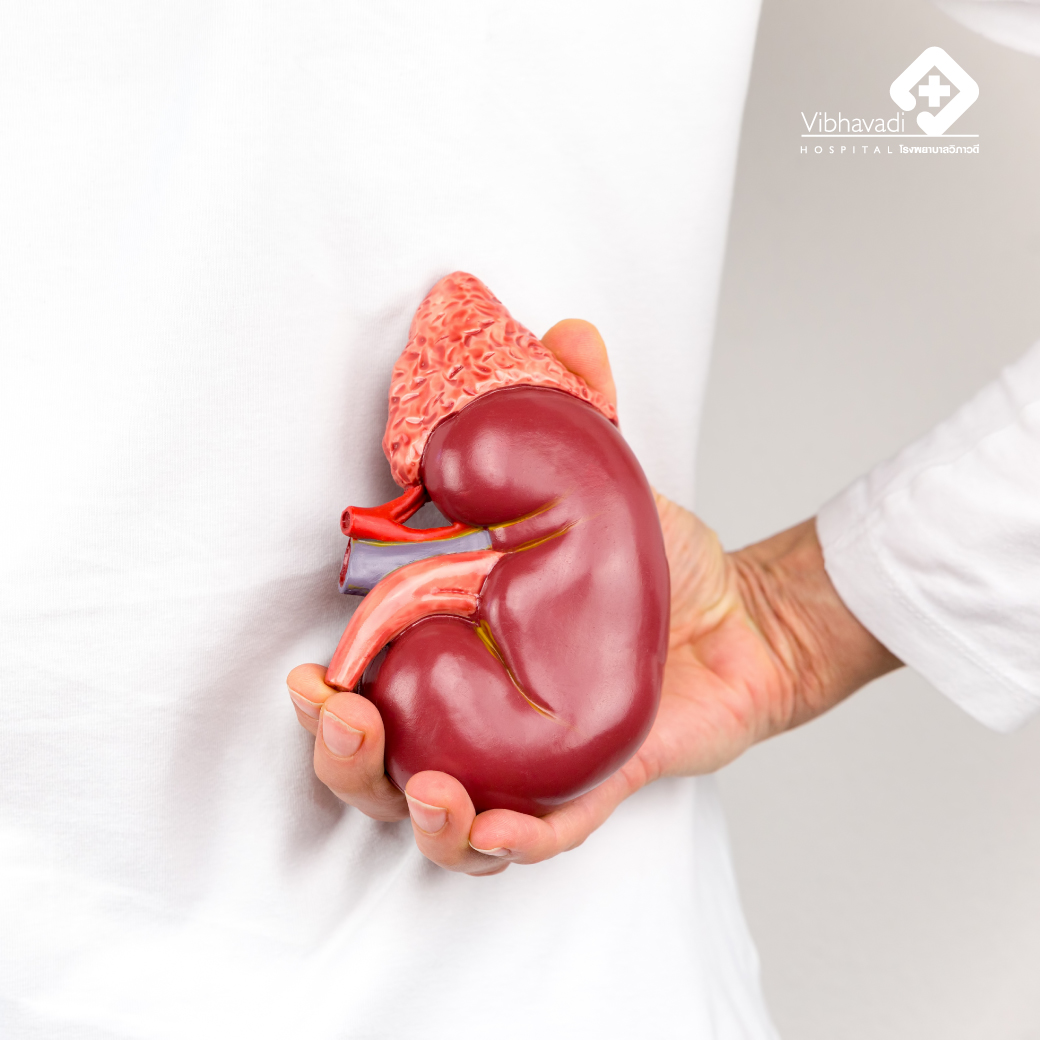Premature Ovarian Failure
Premature Ovarian Failure
Premature ovarian failure is a condition where the ovaries stop functioning before the age of 40. It is characterized by the lack of ovarian follicles, low estrogen levels, and elevated levels of gonadotropins, which are hormones found in postmenopausal women.
The occurrence of premature ovarian failure is approximately 1% in women under the age of 40, 0.1% in women under 30, and 0.01% in women under 20.
Causes of premature ovarian failure include chromosomal and genetic abnormalities, accounting for about 20-30% of cases, often with a familial component. Turner syndrome is the most common inherited cause of premature ovarian failure, where the development of ovarian follicles is normal during fetal life but rapidly declines, leading to early cessation of ovarian function in childhood.
Other causes include autoimmune disorders like autoimmune thyroid disorder, SLE, and diabetes, which can be found in approximately 10-30% of cases and can sometimes be reversible.
Surgical interventions, such as multiple surgeries on the ovaries, can lead to a decrease in the number of ovarian follicles due to the removal of ovarian tissue, obstruction of the blood supply to the ovaries, or inflammation in the area, resulting in premature ovarian failure.
Radiation therapy and chemotherapy can also cause premature ovarian failure. The effects of radiation depend on the dose received, the patient's age, and the area being irradiated. Chemotherapy drugs have different effects on ovarian function depending on the type and dosage of the medication and the patient's age.
Environmental factors, such as smoking, can reduce estrogen production and be toxic to ovarian germ cells. Pesticides, solvents, and certain heavy metals can also increase the risk of premature ovarian failure.
Infections such as mumps, tuberculosis, and malaria have been reported to be associated with premature ovarian failure.
Symptoms of premature ovarian failure include the lack of ovarian follicles and signs of menopause in some cases, such as hot flashes, excessive sweating at night, fatigue, mood swings, and others.
Treatment:
The provision of emotional support and counseling is crucial for patients with psychological issues who experience a lack of self-confidence and have an impact on their sexual and overall life functioning. This can also affect their chances of having children, leading to increased feelings of depression and despondency. Therefore, providing support and encouragement is of utmost importance.
Hormone replacement therapy is necessary for younger women to assist with symptoms of menopause, reduce the risk of cardiovascular diseases and osteoporosis. The duration of hormone replacement therapy should continue until the average age of menopause. In some cases where there is a lack of sexual desire, testosterone replacement therapy may be necessary.
Regarding fertility problems, for patients with premature ovarian failure, approximately 5-10% can achieve pregnancy through medication that stimulates egg production, such as gonadotropin, combined with the use of steroids. Some individuals may also conceive through spontaneous ovulation, which can occur in certain cases.
If ovulation stimulation is not successful, egg donation can be considered as an alternative method to assist with achieving pregnancy.
By Dr. Chaisuk Jiwathanaphon and the medical team at the Fertility and Gynecologic Laparoscopic Surgery Center, Vibhavadi Hospital.
Word count: 516















